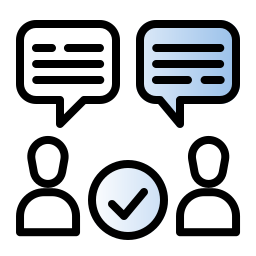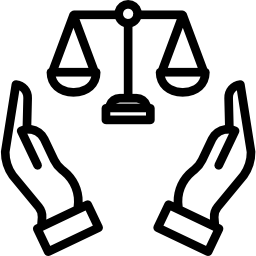Key Elements of a Professional HOA Board Letter
Writing a professional HOA board letter requires more than just putting words on paper; it should be clear, respectful, and structured in a way that strengthens community relationships. Here are the key elements every HOA board letter should include –

Professional Formatting
Use a clean, structured layout with proper headings and spacing to ensure the letter looks organized and easy to read.

Professional Tone
Maintain a respectful, neutral, and courteous tone throughout the letter to promote clarity and trust.
Clear Purpose
State the main reason for the letter at the beginning so the reader immediately understands its intent.

Consistency
Keep the language, style, and formatting uniform to maintain professionalism and avoid confusion.

Contact Information
Include accurate HOA contact details to help recipients reach the right person for questions or follow-up.

Positive Closing
End the letter with a polite and encouraging message to leave a good impression and promote cooperation.
Get Started with Your HOA Board Letter Today
Crafting professional, community-centered communication has never been easier. Whether you’re welcoming new homeowners, issuing fee notices, or sharing important updates, our free HOA Board Letter Templates help you save time and maintain consistency.
Each template is fully customizable—so you can adjust tone, format, and content to suit your association’s unique needs. Strengthen trust, simplify communication, and represent your HOA with confidence.



